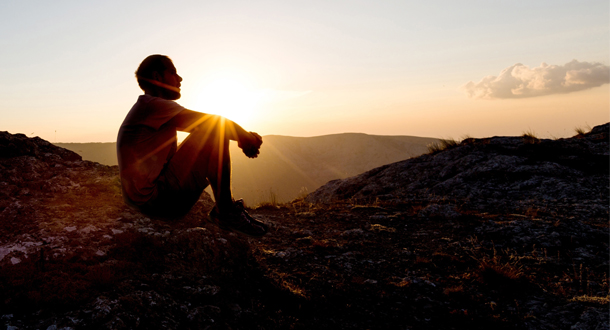 Scripture:
Scripture:
Reflection:
“Game changer.” That’s a good phrase to state that things will never be the same. The invention of the wheel was certainly a game changer, as was the invention of the printing press, the light bulb, automobile, and the computer.
In political history, the conversion of Constantine was certainly a game changer, as was the Magna Carta, the American Revolution, and the atom bomb.
And this Corona Virus is presently a game changer for our lives right now.
In our first reading today, we see how truth can be game changer. Once the truth came out through Daniel, an innocent woman’s life was spared and the guilty were punished. In our gospel reading we see how forgiveness can be a game changer. A woman’s physical life was spared and a new life of faith began. And a definite game changer in human history we just celebrated five days ago on the Feast of the Annunciation. Mary said, “Yes!” And because Mary said, “Yes,” Christ took on human flesh, and nothing has been the same since.
Maybe this Corona Virus will end up being a real game changer in human history. Maybe we as a human race will finally realize that we are one family, under one God, that we are called to help each other and enjoy each other. Maybe this corona virus will help us see how much we have in common and bring about a greater compassion for one another. Maybe this corona virus will lead to greater unity and peace among all nations and people. Why not? As Christians, we are encouraged to dream, for “with God nothing will be impossible” (Luke 1:37).
Remember, the Holy Spirit, the game changer, is amongst us.
Fr. Alan Phillip, C.P. is a member of the Passionist Community at Mater Dolorosa Retreat Center, Sierra Madre, California. http://www.alanphillipcp.com/

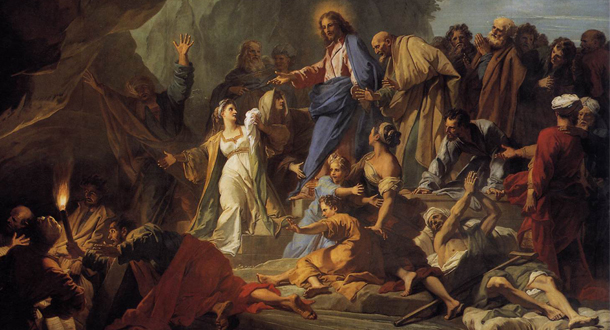 Scripture:
Scripture: Scripture:
Scripture: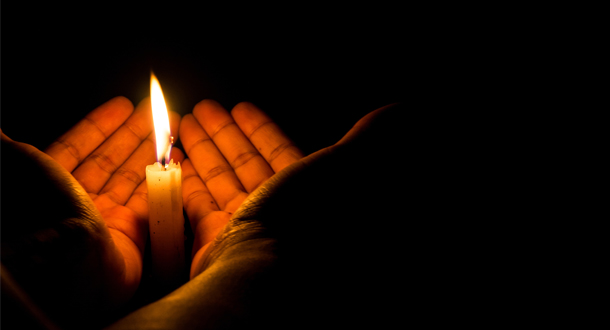 Scripture:
Scripture: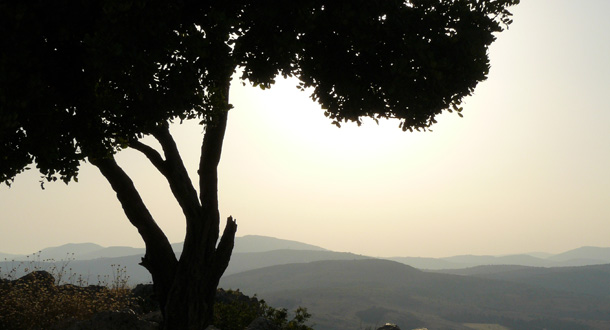 Scripture:
Scripture: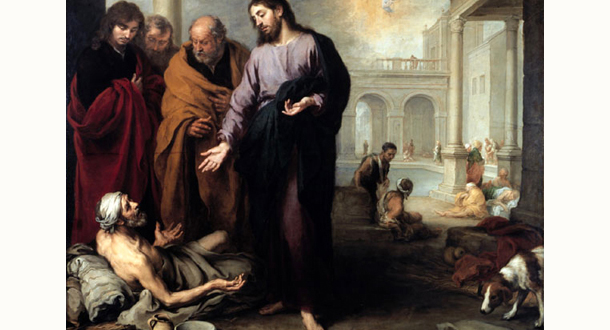 Scripture:
Scripture: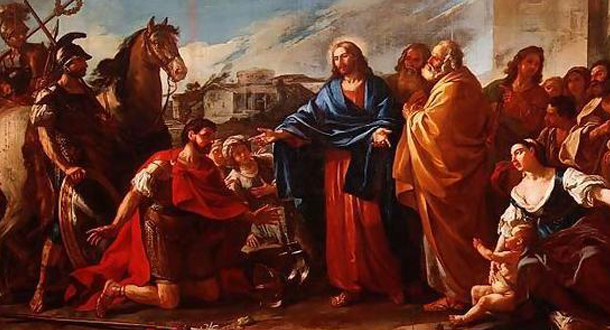 Scripture:
Scripture: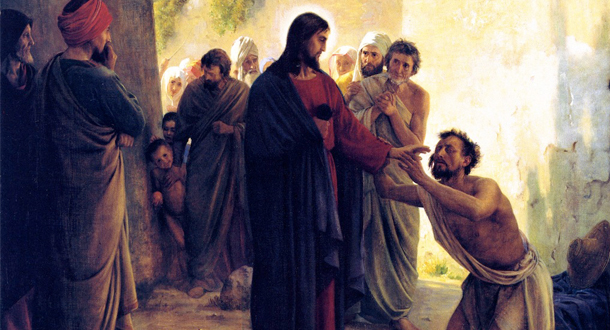 Scripture:
Scripture: